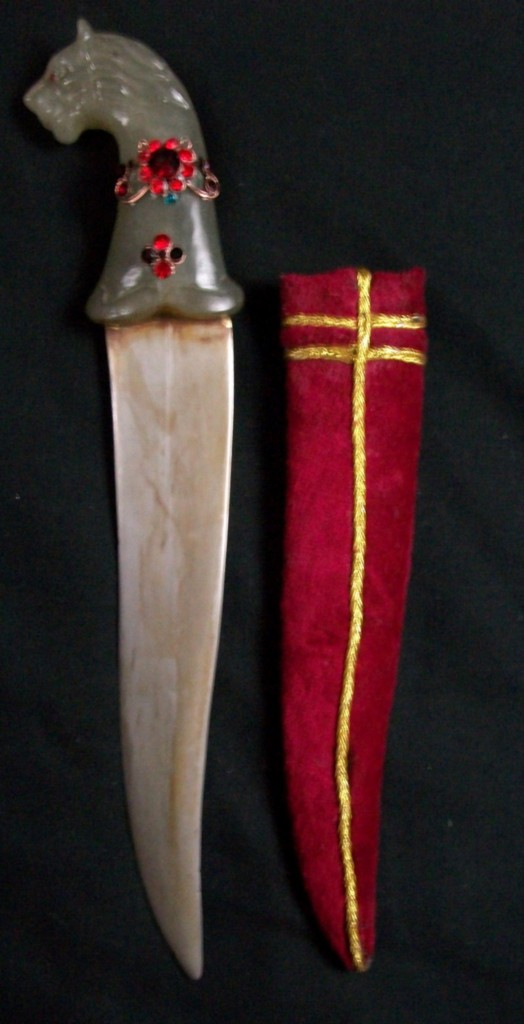FWP:
MADNESS verses: {4,11x};
{4,16x}; {6,7x};
{6,14x}; {14,3}; {15,12};
{16,7x}; {17,3};
{18,2}; {19,5};
{23,1}; {27,10x}; {28,5x}; {35,10},
with a list of stone-throwing verses; {36,4};
{40,3}; {44,3x};
{44,4x}; {44,5x};
[{51,7x}]; {56,7x}; {57,2}, sheftagī ; {57,6};
{60,12}; {64,1};
{64,9x}; {68,5}; {69,3x}; {73,4x}; {80,10x}; {81,13x}; {84,2x}; {84,9x}; {85,3};
{86,9}, pen-names; {91,9}; {91,13x}; {112,1};
{112,5}, with a list of head and wall verses; {112,10}; {113,5};
{113,8}; {119,8};
{120,6}; {125,10}; {130,2}; {130,6x}; {132,2}; {139,12};
{141,6}; {142,4x}; {147,7x}; {148,1};
{149,10x}, personified; {157,7}; {159,7}; {165,1}; {165,3};
{166,6x}; {167,6}; {171,2};
{176,4}; {182,3x}; {188,1}; {190,3};
{190,5}; {192,1};
{199,6x}; {200,4x}; {201,7}; {201,9}; {202,8}; {206,1}; {206,4};
{211,6x}; {214,2}; {214,8};
{214,10}; {214,11};
{215,5}; {217,8x}; {220,3x}; {221,3};
{223,2}; {223,3x}; {224,3x}; {230,6} // {241x,6}; {248x,6}; {277x,6}; {284x,3}; {287x,1}; {311x,6}; {322x,1}; {322x,2}; {328x,6}; {335x,9}; {360x,3}; {373x,1}; {376x,4}; {378x,8}; {387x,3}; {396x,1}; {398x,4}; {408x,5}; {415x,3}; {416x,7}; {416x,9}; {416x,10}; {416x,11}; {427x,4}; {430x,5}; {434x,4}; {440x,8}
This one is another great verse of Ghalibian ambiguity, like the dream-based {3,3}. The speaker is mad, therefore what he says could be merely a sign of madness-- or maybe not, since he's sane enough to know he's mad; thus the verse is imbued with a 'Catch-22' quality. Alternatively, the speaker could be madly making unfounded accusations that in fact happen to be true. In any case, the 'friend' (who may or may not be the beloved) could be either a real well-wisher of his, who wishes to bleed him and thus ease the pressure on his brain, or a false 'friend' who is actually trying to kill him, or (as Naiyar Masud argues) both at once, since any loss of his madness/passion is to him a form of death. If {3,3} is a dream verse, this one is an archetypal nightmare verse. On the complexities of fareb , see {71,3}.
And of course, since the verse is in inshāʾiyah mode, the question of the first line may be a real one-- perhaps there are good reasons that the speaker would, or could, or should fall for ('eat') the trick, and he's merely seeking to ascertain what they are. For another verse that enjoyably plays with the (false? true?) cunning of madness, compare {215,5}. For another elegant evocation of the lover's paranoia (or not), see {137,5x}.
On nashtar and the concept of bleeding, see {166,2}.
The term used here for a dagger, dashnah , is less common than the alternative ḳhanjar . For a list of ḳhanjar verses, see {26,3}. Other dashnah verses include: {59,6}; {72,4}; {115,4}; {186,5}; {233,13}.
In addition to all its other delights, this verse always strikes me as cheerful and somehow ruefully funny. I imagine the madman in his cell, muttering to himself, spinning elaborate conspiracy theories, proud of his profound insights. Yet also half-apologetically knowing that he's mad. But after all, paranoids have enemies too.
Compare Mir's depiction of the lover's helpless anxiety about the beloved's medical plans: M{277,1}; and the brilliantly ambiguous M{1247,6}.

Nazm:
That is, the world's friendship is such that the outer and the inner are not the same. 'In the hand a lancet revealed' is to express sympathy; that is, he shows a purpose of curing, and in his sleeve a dagger is concealed. That is, he intends to slit his throat. (14)
== Nazm page 14